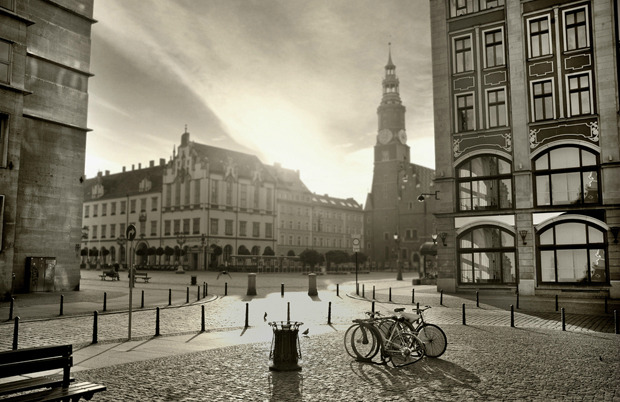In the last 10-20 years we have all benefited from the ongoing conversation that’s been happening around us, forcing us back to the scriptures and evaluating how we continue to BE the church of Jesus Christ. One of the more helpful things that has come out of this discussion (one among many things) is the need for contextual mission, creating a posture as we go as SENT-ones instead of always asking people to come to us.
As we think about being sent and contextualization, the Gospel of Jesus and the particular ways in which we function as the church need to be contextually appropriate to the crack or crevice of society we are called to. Urban Chicago is quite different from Greenwich, CT. Perhaps a seismic revelation for many people is that we all need to see ourselves as missionaries and contextualize our ministry appropriately.
But I think in the midst of all of this, at least in my experience, it’s important to hold in tension that while there are particulars in each culture, there are still also universals that span every culture. In academic language, it is called the universal anthropological constant.
There are certain things that transcend all cultures, ethnicities, time zones and upbringings. There are certain things that are a stabilized constant in every single culture on the face of the planet. It doesn’t matter if you visit New York, Beirut or Beijing. You’ll find the same things at work in every strata of society. They aren’t contextual things. They are universals.
And if we are to be faithful missionaries, we probably need to know what some of those things are that make human beings…human beings. Because if we are able to hold loosely in our hands the ability to see the universals at work in culture as well as finding the particulars as we contextualize, we will probably see some truly extraordinary things.
But rather than leave it at that, let me give you a THREE things that I believe are examples of some of these constants. This isn’t meant to be exhaustive, but simply a place to start the conversation:
Defined discipling language
It is a constant in every single culture that language creates culture. Every culture has a vernacular that not only allows them to communicate effectively, but the language itself shapes what the culture is. It’s an incredible phenomenon. Furthermore, you can see in every great missional movement in the last 2000 years that they had a shared language (and therefore practice) of discipleship.
With something like LifeShapes, the discipling language we use, we’ve found a way of transcending cultures because the language is image based, which is why it works in a penthouse of Manhattan and the mountains of Nepal. But having a language is the key.
Do you have a defined discipling language?
The Four Spaces of human interaction
There are only four and every human being in the world is wired to live in all four of these spaces.
1. Intimate space: shared with only 2-3 people (usually a husband/wife).
2. Personal Space: shared with 6-12 people (often represented in the nuclear family).
3. Social Space: 20-50 people (often represented in the extended family).
4. Public Space: 75+ people (think football games, worship services, concerts, etc).
Every human has people and places where they interact with these spaces. But by and large, the Western church has lost sight of the Social Space. It isn’t that people stop functioning in tight knit, extended family groups of 20-50. In fact, what anthropologists have found is that people recreate this space if it is missing. It’s that we have stopped being involved with them there.
And here is the universal constant key: In every culture on earth, on every single city and continent, it is were human IDENTITY is found. So I’m not saying you have to do Missional Communities. That’s not the constant. But knowing how to use that space seems pretty important. By the same token, there is still a need for the Public Space gathering.
Whenever the church has been able to meet publicly in groups larger than 70 for the last 2000 years, it has chosen to do so. Of course tradition plays into that some, but it’s also a wiring that human beings have. We are wired to join with larger groups of people to locate ourselves in a bigger story.
How people learn
I’ve spent some time on this one before, but it’s worth mentioning again. While receiving Information is an incredibly important part of learning, it is only a piece of the process. The three universals of learning seem to be: Information based (think lecture hall), Apprenticeship (think how a wood worker passes his trade to his son) and Immersion into culture (think how a infant/toddler learns to speak).
Yet in the Western world we’ve bought into a strange misunderstanding that says to know ABOUT something (information) is the same thing as knowing how to do it. For instance, that talking about ABOUT the theology of mission is the same things as knowing how to effectively do mission.
But we’re missing some important learning steps in how human beings are designed. Want to make disciples who can make disciples? Want to multiply missional leaders and release them? GREAT. Where is the Information, Apprenticeship and Immersion?



